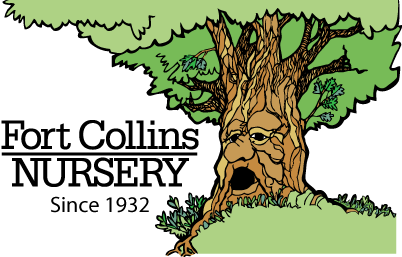 The results of new studies show organic agriculture has grown by 20% a year for the past few years. There are good reasons that this growth will continue.
The results of new studies show organic agriculture has grown by 20% a year for the past few years. There are good reasons that this growth will continue.
More farmers are choosing to grow crops organically. For some it’s an economic decision. On one hand, farmers can lower their costs by buying and using less synthetic chemical fertilizers and pesticides. But their labor costs may increase. Because of this trade off, the economic gains for organic farm production aren’t immediate. The gains are generated over a long period of time.
Farmers grow crops organically for environmental reasons, too. Properly managed organic farmland is improved. Part of the definition of organic farming is to have a soil building component in the farm plan. Soil tests to maintain soil fertility are part of the records organic farmers must keep. Improving the soil is good land stewardship. It’s a good farming practice.
Farmers are the people that have to handle the chemicals. Many folks are going organic to avoid exposing themselves, their families and their workers to potentially toxic chemicals. The farmers read the chemical labels. They know the risks.
The studies show consumers are going organic, too. At least two-thirds of U.S. consumers have bought some type of organically produced food. One study broke their results into three categories.
The occasional organic food buyer may just want to try an organically grown product. The occasional buyer chooses organic food because it is the only choice or it may be on sale. They may pick organic foods because it looks fresher.
The frequent organic consumer usually buys organic food because of environmental reasons. They think that fewer chemicals in foods are better for them, their family and the environment. These folks look for and support locally grown, organically produced foods.
The third category is the integrated organic consumer. They make up about two and one half percent of the U.S. population. These folks try to buy everything organic. They purchase clothes made with organically grown fibers. They use organically derived medications. They consume only organically produced foods. Because they place a high value on the reasons they buy organic products, the integrated consumer doesn’t mind paying higher prices for any of these things.
 Tom Throgmorton, of Throgmorton Plant Management, can be heard on KUNC, 91.5 FM, every Saturday morning at 7:35 and 9:35 a.m.
Tom Throgmorton, of Throgmorton Plant Management, can be heard on KUNC, 91.5 FM, every Saturday morning at 7:35 and 9:35 a.m.
Originally published on June 29th, 2011.
